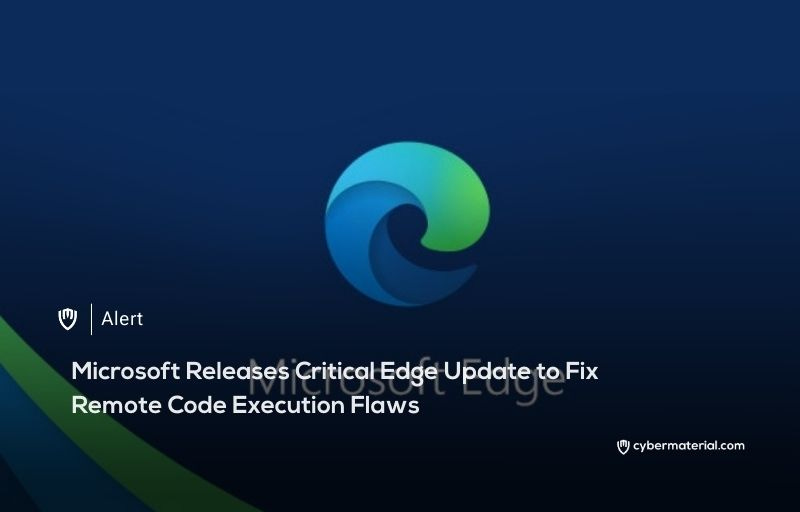
Microsoft has issued a critical security update for its Edge browser to address multiple vulnerabilities that could allow attackers to execute remote code on user systems. The vulnerabilities, identi…

Microsoft has issued a critical security update for its Edge browser to address multiple vulnerabilities that could allow attackers to execute remote code on user systems. The vulnerabilities, identi…